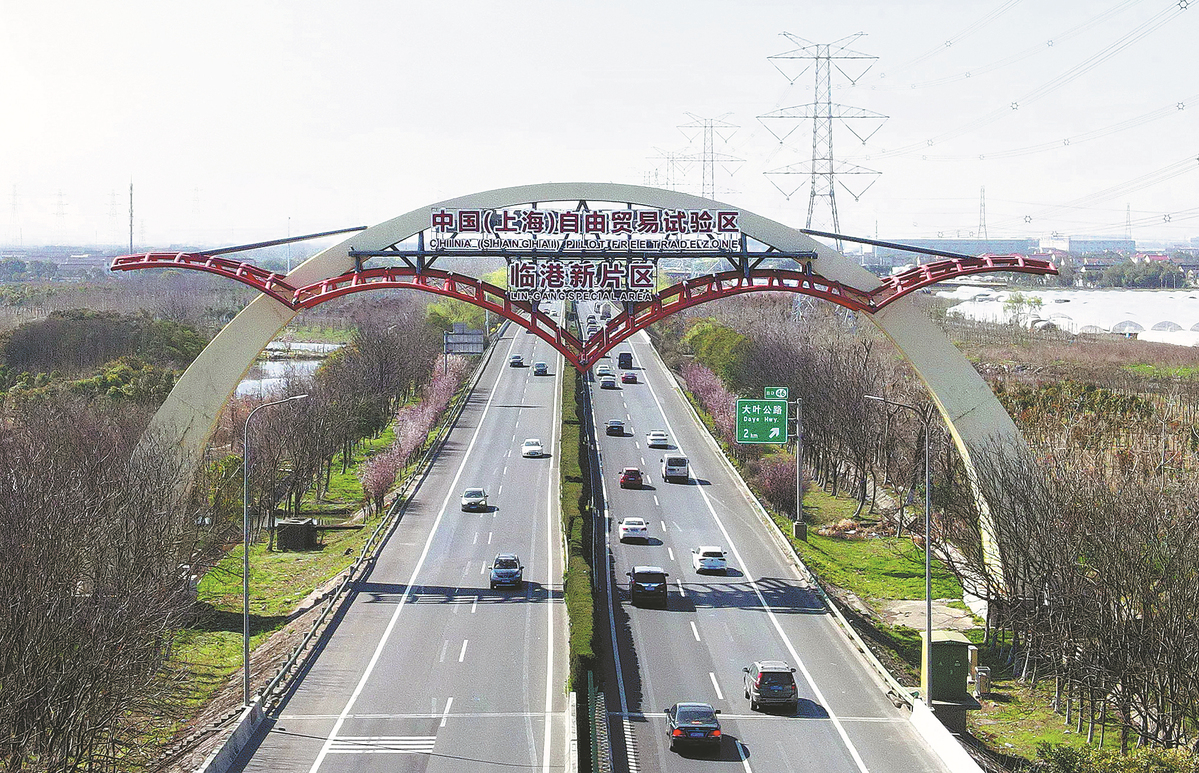Improving business climate, boosting economy amid challenges


Like many of my friends, I can hardly remember the last time I bought skin care and cosmetic products at a store.
Not that we've stopped using such products. Rather, we now buy them mostly on cross-border e-commerce platforms.
In this context, one of my favorite e-shops is affiliated to the Hainan branch of China Duty Free Group. Anyone who has visited the Hainan free trade port is eligible to buy duty-free products from this e-shop.
Since 2021, all pilot free trade zones have been free to experiment with cross-border e-commerce retail imports - just one example of such zones' increasingly important role in China's reform and opening-up.
According to a recent report by the Chinese Academy of International Trade and Economic Cooperation, China's pilot FTZs have made remarkable progress in pursuing open economy and propelling high-quality development through institutional innovations and fostering a cluster of industries.
In a turbulent, ever-evolving world, many pilot FTZs have rolled out several policy measures to further tap the potential of the Regional Comprehensive Economic Partnership agreement, which took effect in January last year, creating the world's largest free trade bloc.
Some of these measures seek to promote the integrated development of domestic and foreign trade. For instance, Guangdong,Tianjin and Zhejiang pilot FTZs have effected similar measures to promote domestic and foreign trade integration with high-standard international trade and economic rules, like those governing the Comprehensive and Progressive Agreement for Trans-Pacific Partnership. Some other measures' aim is to improve the overall business environment.
FTZs have been pursuing different paths to development. Some concentrate on developing special clusters of certain industries. For instance,Jiangsu pilot FTZ focuses on developing the biopharmaceutical industry, while Anhui pilot FTZ eyes full industrial chain development of the integrated circuit industry.
The pilot FTZs in the western and central regions of China have been keen to attract the industrial capacity that is being sought to be relocated from the coastal areas. Pilot FTZs in the border areas are stepping up efforts to utilize foreign markets and resources,in order to promote cross-border supply chain coordination.
All in all, pilot FTZs are expected to play a crucial role as China accelerates efforts to implement its dual-circulation development pattern, which takes the domestic market as the mainstay while letting domestic and foreign markets reinforce each other.




































